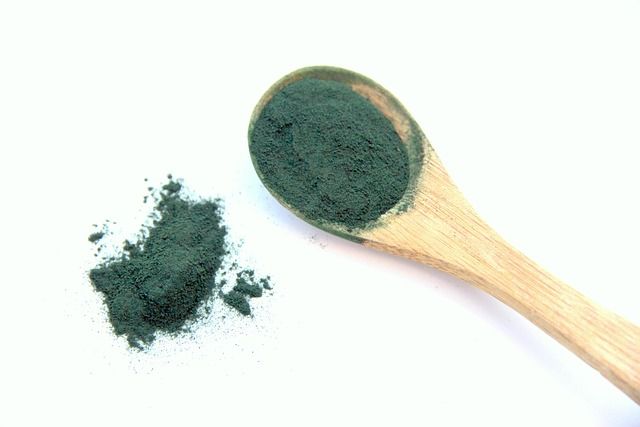Spirulina Algae: A Superfood That's Out of This World
Discover the many health benefits of spirulina algae, from its high protein content to its potent antioxidant and anti-inflammatory properties. Learn how this nutrient-dense superfood has been used by NASA to feed astronauts and how to easily incorporate it into your diet for optimal health.





